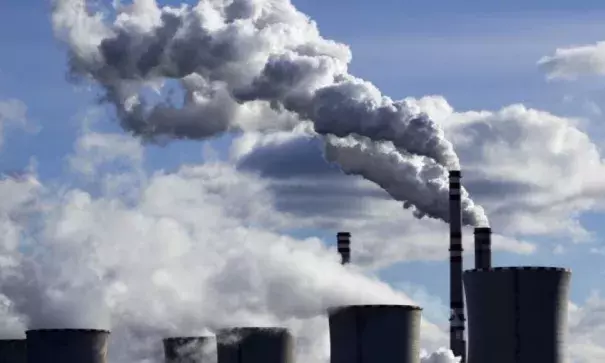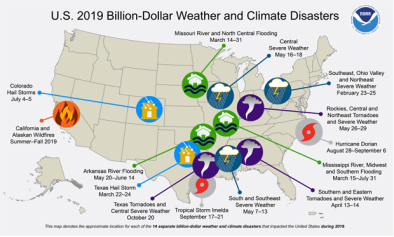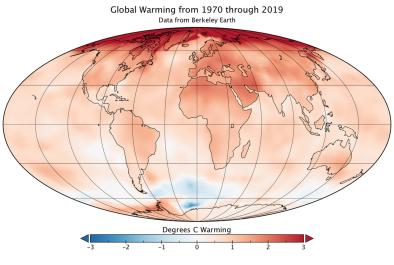US Energy-Related Emissions Spike in 2018, Per Rhodium Group

Energy-related emissions increased last year at a rate the U.S. hasn’t experienced since 2010, according to an analysis Rhodium Group released Tuesday.
The climb in energy-related carbon dioxide emissions in 2018 rivaled the 3.6 percent increase in 2010 — a rebound after the Great Recession. According to the research group’s analysis, the 3.4 percent increase in 2018 is the nation's second-highest emissions increase in two decades.
Last year was also the first time in recent years that any measurable level of emissions increase was recorded.
...
According to Rhodium, U.S. emissions declined 12.1 percent between 2007 and 2015. The economic woes that spurred the Great Recession helped bring about much of that decline — emissions tend to rise and fall in line with the economy (although the world has seen some measure of decoupling in recent years). A switch from coal to natural gas and renewables helped too.
But since 2016, the pace of emissions declines has slowed.
John Larsen, head of U.S. power sector and energy systems research at Rhodium, attributes the slowdown to “broader macroeconomic factors,” rather than changes in federal policy. In 2018, economic growth reached new heights, low oil prices made driving more enticing, and buildings consumed more energy for uses such as heating and cooking.
Those drivers pushed energy-related emissions up in spite of a noteworthy year for coal retirements.
Related Content





